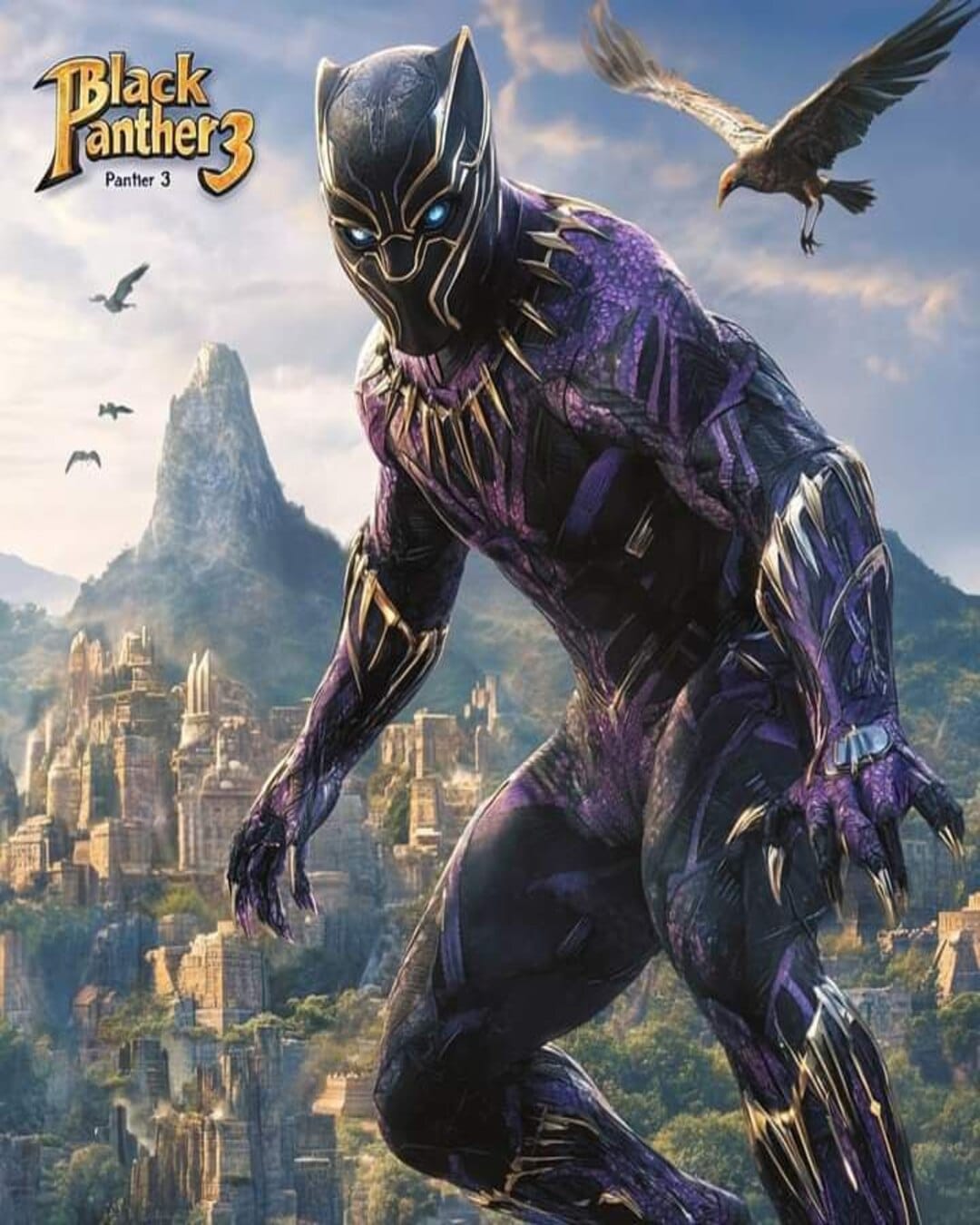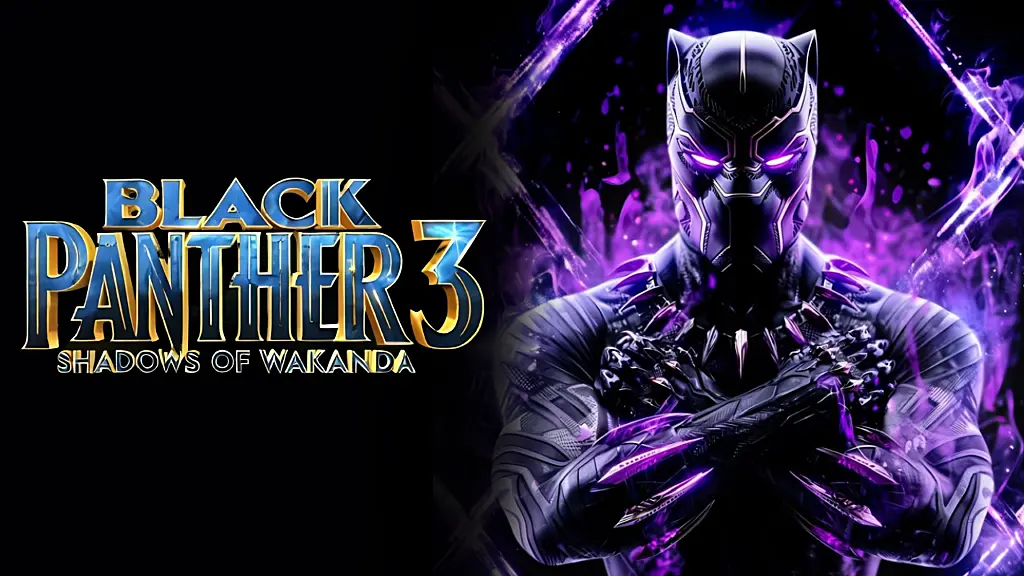Black Panther 3: Shadows of Wakanda

Black Panther 3: Shadows of Wakanda – Marvel’s Gripping Dive into Wakanda’s Darkest Hour
By Elena Mwangi, Entertainment Correspondent October 24, 2025 – Los Angeles, CA
In a cinematic landscape hungry for bold reinvention, Marvel Studios unleashes Black Panther 3: Shadows of Wakanda, a pulse-pounding sequel that catapults the Wakandan saga into uncharted realms of intrigue and existential peril. Directed once again by the visionary Ryan Coogler, who co-wrote the script with Joe Robert Cole, this installment arrives just three years after the poignant Wakanda Forever, transforming grief into a fiery testament to resilience. Premiering amid whispers of multiversal chaos in the MCU, the film clocks in at a taut 142 minutes, blending heart-stopping action with profound cultural introspection. Rated PG-13 for intense sequences of violence and thematic depth, it’s poised to shatter box-office records, with early screenings already generating Oscar buzz for its groundbreaking visuals and score.

At the epicenter stands Letitia Wright, reprising her role as Shuri, the brilliant inventor who ascended as the new Black Panther in Wakanda Forever. Here, Shuri grapples with the mantle’s crushing weight, her technological genius clashing against shadows that threaten to engulf Wakanda’s golden legacy. The plot ignites when ancient vibranium artifacts—guardians of the nation’s soul—begin pulsing with malevolent energy, awakening long-dormant entities from Wakanda’s primordial past. These “Shadows,” spectral forces tied to the Panther God’s forgotten wrath, infiltrate the borders, corrupting allies and manifesting as hallucinatory horrors that prey on personal traumas. Shuri’s quest leads her through the labyrinthine underbelly of Birnin Zana, where bioluminescent jungles hide ritualistic cults, and high-tech spires conceal betrayals.
Enter Denzel Washington in a tour-de-force debut as Amahl Farouk, the enigmatic Shadow King—a telepathic manipulator whose psychic tendrils weave doubt into the hearts of warriors. Washington’s chilling portrayal, blending Shakespearean gravitas with feral intensity, elevates Farouk from comic-book villain to a mirror of colonial hauntings, forcing Shuri to confront the scars of Wakanda’s isolationism. Flanking her are familiar faces: Danai Gurira’s unyielding Okoye, now leading a fractured Dora Milaje; Winston Duke’s exuberant M’Baku, whose comic relief masks a warrior’s burden; and a surprise cameo from Lupita Nyong’o as Nakia, bridging exile and homecoming. Newcomer Iman Vellani steals scenes as a rogue Talokanil operative, injecting fresh multicultural sparks.
Coogler’s mastery shines in the film’s kinetic set pieces: a midnight chase through vibranium-veined caverns where Shuri’s panther suit morphs mid-leap, claws slashing ethereal foes; an aerial dogfight over the Jabari lands, drones clashing against ancestral spirits in a symphony of light and shadow. Ludwig Göransson’s score evolves his Oscar-winning Wakanda theme, fusing Afrobeat rhythms with dissonant choral swells that evoke a nation on the brink. Cinematographer Autumn Durald Arkapaw captures Wakanda’s duality—vibrant sunlit palaces yielding to inky abysses—while the VFX team’s seamless integration of practical effects grounds the spectacle in raw emotion.
Yet Shadows of Wakanda transcends spectacle, delving into themes of inherited trauma and decolonized futures. Shuri’s arc—questioning if innovation can outrun history—resonates as a clarion call for Black excellence amid global reckonings. In one harrowing sequence, she communes with T’Challa’s lingering spirit (voiced in ethereal whispers), a nod to Chadwick Boseman’s indelible legacy that avoids exploitation, instead honoring his light through communal healing.
As the credits roll on a cliffhanger teasing Doctor Doom’s Latverian gaze upon vibranium’s glow, Black Panther 3 reaffirms Wakanda’s throne in the MCU pantheon. It’s not just a superhero epic; it’s a cultural thunderclap, reminding us that true power blooms in the shadows we dare to face. Catch it in theaters now—Wakanda forever feels more urgent than ever.











